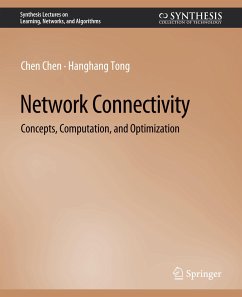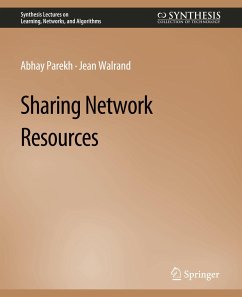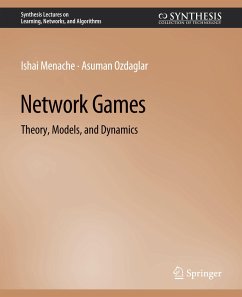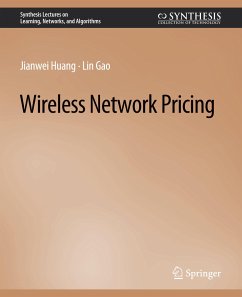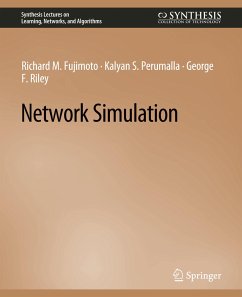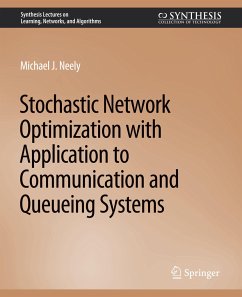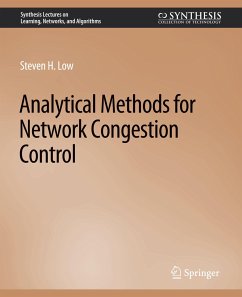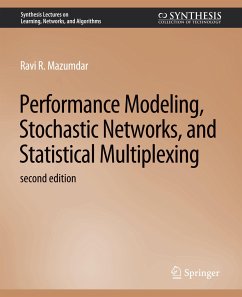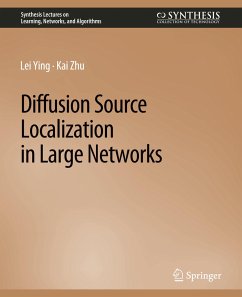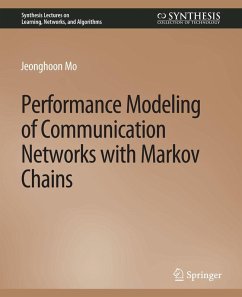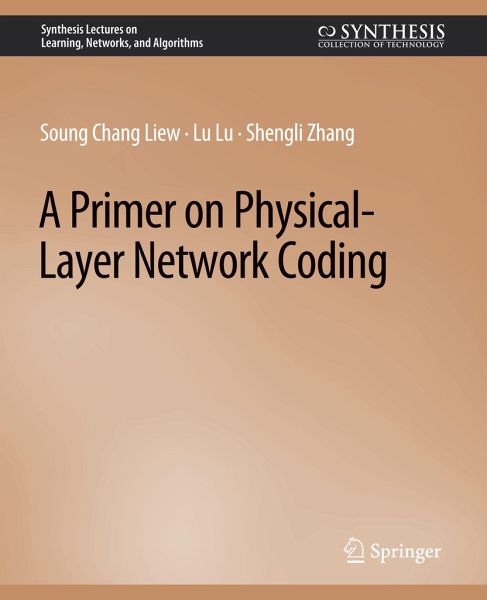
A Primer on Physical-Layer Network Coding

PAYBACK Punkte
0 °P sammeln!
The concept of physical-layer network coding (PNC) was proposed in 2006 for application in wireless networks. Since then it has developed into a subfield of communications and networking with a wide following. This book is a primer on PNC. It is the outcome of a set of lecture notes for a course for beginning graduate students at The Chinese University of Hong Kong. The target audience is expected to have some prior background knowledge in communication theory and wireless communications, but not working knowledge at the research level. Indeed, a goal of this book/course is to allow the reader...
The concept of physical-layer network coding (PNC) was proposed in 2006 for application in wireless networks. Since then it has developed into a subfield of communications and networking with a wide following. This book is a primer on PNC. It is the outcome of a set of lecture notes for a course for beginning graduate students at The Chinese University of Hong Kong. The target audience is expected to have some prior background knowledge in communication theory and wireless communications, but not working knowledge at the research level. Indeed, a goal of this book/course is to allow the reader to gain a deeper appreciation of the various nuances of wireless communications and networking by focusing on problems arising from the study of PNC. Specifically, we introduce the tools and techniques needed to solve problems in PNC, and many of these tools and techniques are drawn from the more general disciplines of signal processing, communications, and networking: PNC is used as a pivot to learn about the fundamentals of signal processing techniques and wireless communications in general. We feel that such a problem-centric approach will give the reader a more in-depth understanding of these disciplines and allow him/her to see first-hand how the techniques of these disciplines can be applied to solve real research problems. As a primer, this book does not cover many advanced materials related to PNC. PNC is an active research field and many new results will no doubt be forthcoming in the near future. We believe that this book will provide a good contextual framework for the interpretation of these advanced results should the reader decide to probe further into the field of PNC.



